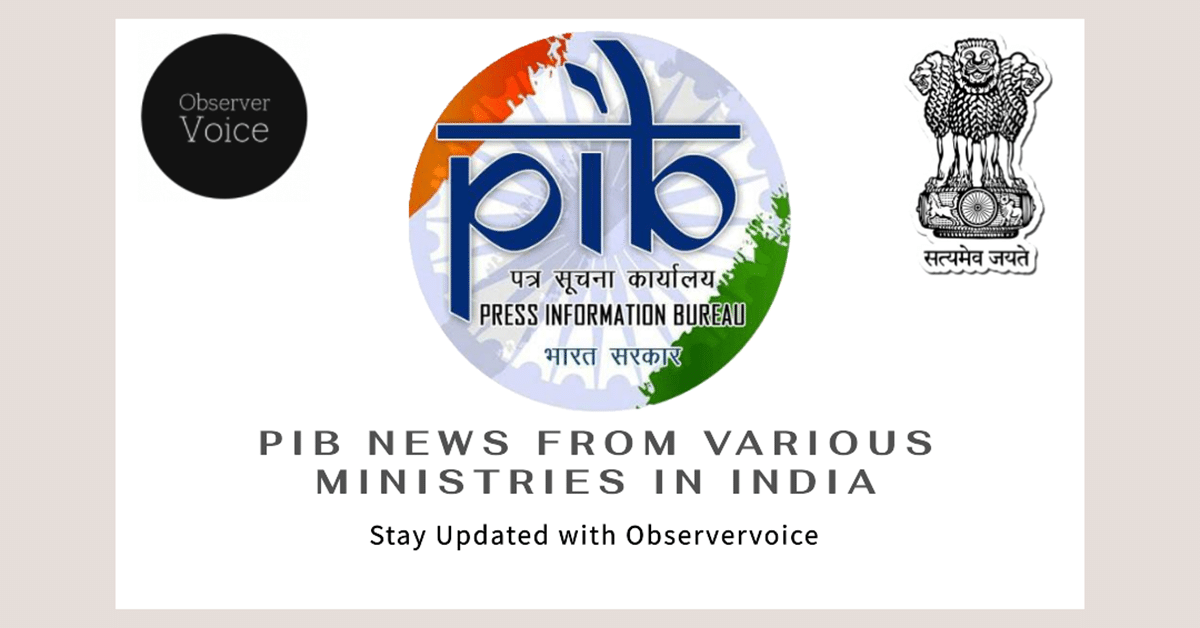Enhancing Cooperative Skills in India

The National Cooperative Development Corporation (NCDC) plays a vital role in promoting cooperative education and skill development in India. Under the Ministry of Cooperation, NCDC implements the Sahakar Pragya initiative through the Laxmanrao Inamdar National Academy for Cooperative Research and Development (LINAC). This initiative aims to enhance professionalism in primary cooperatives, particularly in agriculture and allied sectors. By offering targeted training programs, Sahakar Pragya seeks to empower cooperative personnel and improve their operational and managerial skills.
Objectives of the Sahakar Pragya Initiative
Sahakar Pragya focuses on developing the skills of individuals involved in cooperatives. It designs and conducts need-based training programs tailored for personnel from assisted cooperatives and NCDC officials. The initiative collaborates with various international organizations, such as the Centre for International Cooperation in Training & Agricultural Banking (CICTAB) and the Network for the Development of Agricultural Cooperatives in Asia and the Pacific (NEDAC). These partnerships allow Sahakar Pragya to offer specialized training programs not only in India but also for participants from South Asian Association for Regional Cooperation (SAARC) countries.
The primary goal of Sahakar Pragya is to enhance the professionalism of cooperatives. By providing training in essential skills, the initiative aims to improve the overall performance of these organizations. The training programs cover a wide range of topics, including communication skills, managerial skills, and digital literacy. This comprehensive approach ensures that cooperators are well-equipped to meet the challenges of modern agricultural practices and cooperative management.
Training Programs Offered
Sahakar Pragya offers a variety of training programs designed to improve the skills of cooperators. These programs include training on communication and presentation skills, understanding and managing work performance, and guiding skills for milch animal development. Additionally, participants can learn about Microsoft Office and internet skills, which are crucial in today’s digital world.
Other training topics include developing managerial skills for agricultural cooperatives, general management in primary cooperatives, and accounts and bookkeeping. The initiative also emphasizes the importance of women’s roles in governance and business development within cooperatives and Self-Help Groups (SHGs). By addressing these diverse areas, Sahakar Pragya aims to create a well-rounded skill set among cooperators, enabling them to contribute effectively to their organizations.
Government Support and Future Directions
The Government of India is committed to enhancing the engagement of smaller cooperative societies through targeted training and capacity-building programs. By conducting Training Needs Analysis (TNA), the government tailors programs to meet the specific requirements of these cooperatives. This approach ensures that the training provided is relevant and effective.
The focus of these initiatives is on imparting practical knowledge and introducing modern management practices. The government also disseminates information about various schemes available to cooperatives and provides guidance on leveraging digital platforms. These efforts aim to empower smaller cooperatives to operate efficiently and achieve sustainable growth.
As the Sahakar Pragya initiative continues to evolve, it is expected to play a crucial role in strengthening the cooperative sector in India. By investing in the skills and knowledge of cooperators, the government aims to foster a more robust and resilient cooperative ecosystem that can contribute significantly to the country’s agricultural and economic development.
Observer Voice is the one stop site for National, International news, Sports, Editor’s Choice, Art/culture contents, Quotes and much more. We also cover historical contents. Historical contents includes World History, Indian History, and what happened today. The website also covers Entertainment across the India and World.
Follow Us on Twitter, Instagram, Facebook, & LinkedIn

